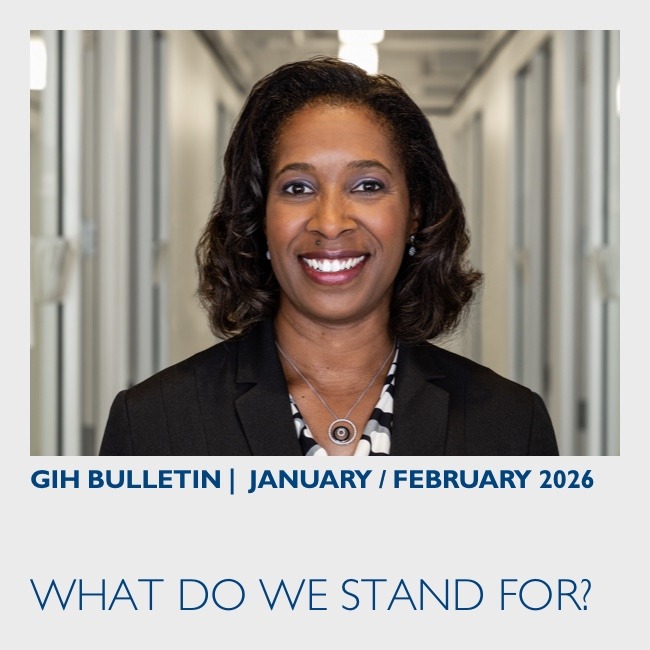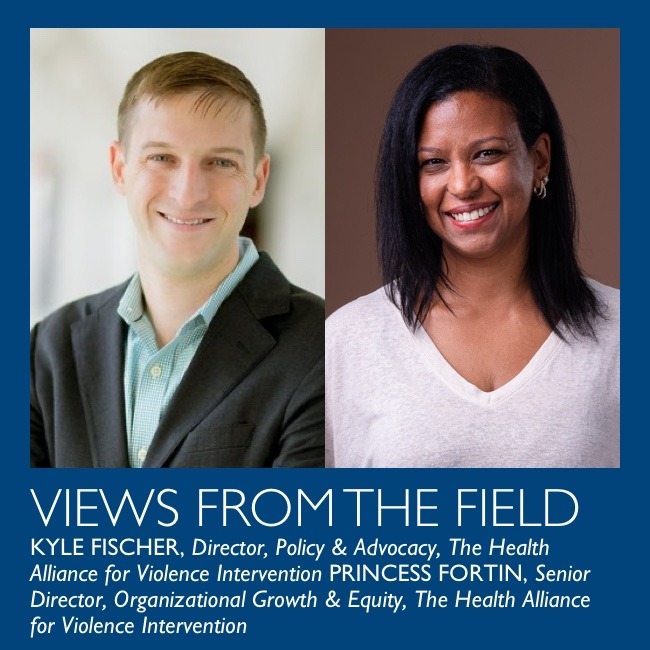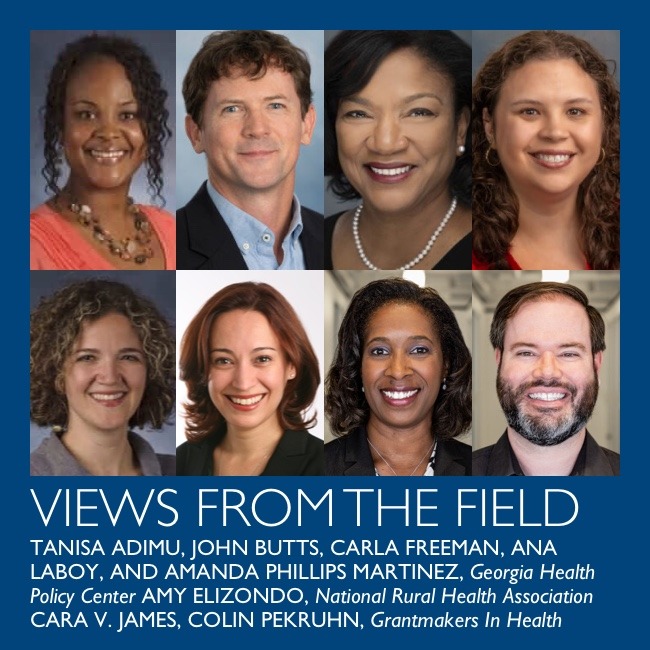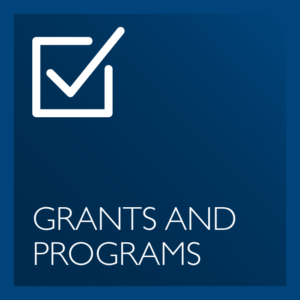Reimagining Rural Health and Well-being
To inform positive change, Grantmakers in Health (GIH) and the National Rural Health Association (NRHA) are partnering to reimagine a unified vision for health and well-being in rural America. The Georgia Health Policy Center (GHPC) was engaged to conduct a landscape analysis and facilitate listening sessions with rural health stakeholders at the local, state, and national levels.
GIH Health Policy Update Newsletter
An Exclusive Resource for Funding Partners
The Health Policy Update is a newsletter produced in collaboration with Leavitt Partnersi and Trust for America’s Health. Drawing on GIH’s policy priorities outlined in our policy agenda and our strategic objective of increasing our policy and advocacy presence, the Health Policy Update provides GIH Funding Partners with a range of federal health policy news.
KFF: September 2023
KFF released three reports analyzing Medicare Advantage’s impact on enrollment, benefits and cost-sharing, and bonus payments. One report found that “federal spending on bonus payments to insurance companies that offer Medicare Advantage plans” will be at least $12.8 billion, around 30 percent more than in 2022 and more than four times the spending in 2015.
Healthy Communities Foundation: September 2023
Healthy Communities Foundation recently published its General Operating Support in Action: 2021-2022 Insights Report, which showcases learnings in its first year implementing new evaluation and flexible funding approaches. The report also outlines the impact of multiyear general operating support for grantee partners.
Philanthropy @ Work – Transitions – September 2023
The latest on transitions from the field.
Humana Foundation: September 2023
The Humana Foundation is partnering with Greater Louisville Inc. to provide one-year grants between $50,000 and $100,000 to small business mental health providers in the Louisville, Kentucky, community.
Philanthropy @ Work – Grants and Programs – September 2023
The latest on grants and programs from the field.







